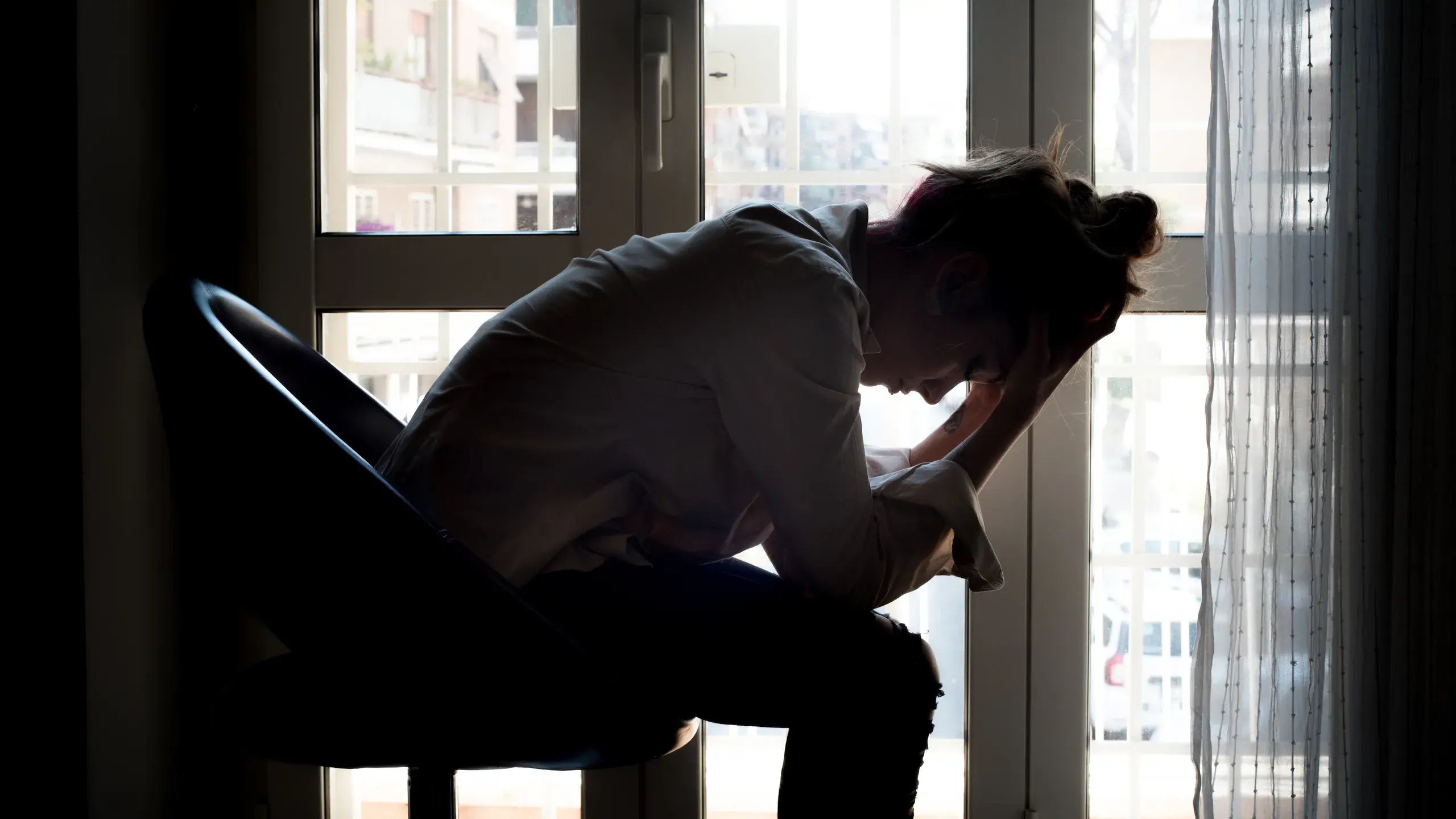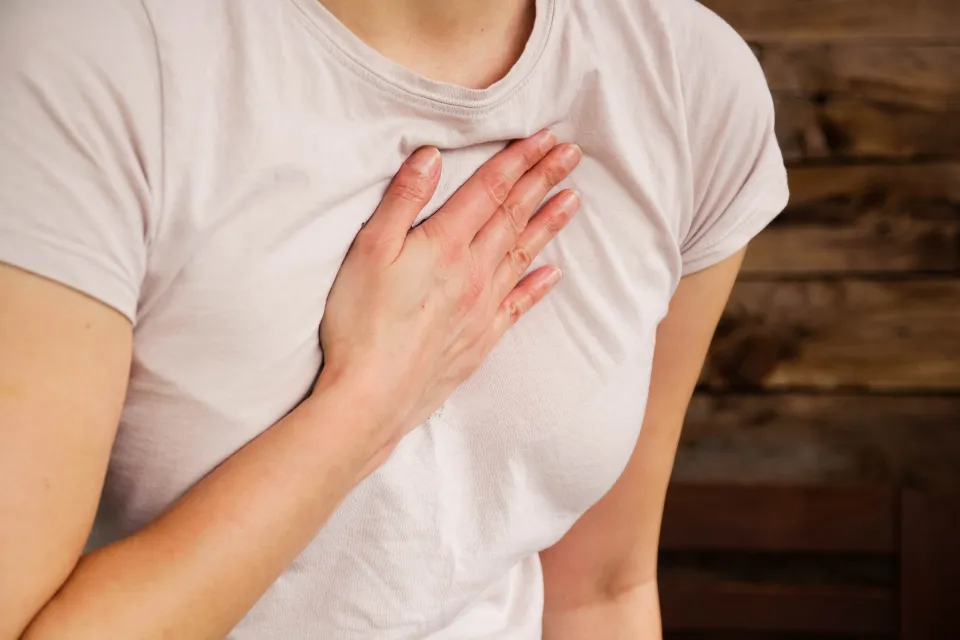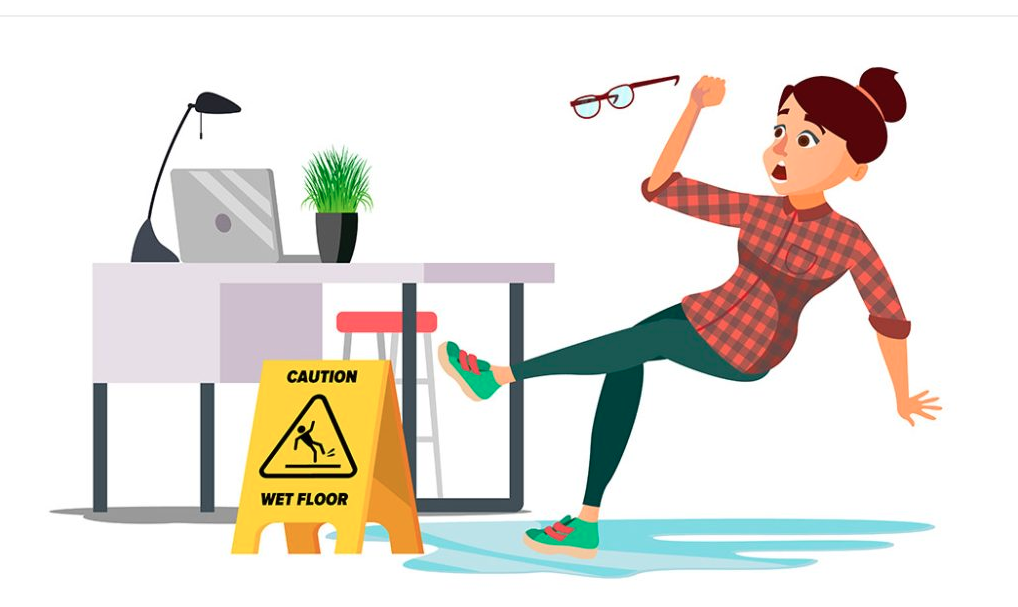Understanding Depression: Causes, Symptoms, and Treatment Options

This comprehensive guide explores depression, including clinical depression, bipolar depression, and treatment-resistant depression. It covers symptoms, therapy options, and effective treatment methods to help individuals manage their mental health. Whether seeking therapy for depression, medication, or holistic approaches, this guide offers valuable insights for those struggling with depression and anxiety.
Depression is a serious mental health condition that affects millions of people worldwide. It extends beyond occasional sadness, causing persistent feelings of hopelessness, fatigue, and a loss of interest in daily activities. Depression can impact every aspect of life, including work, relationships, and overall well-being. Without proper intervention, depression can worsen and lead to severe emotional and physical health problems.
There are several types of depression, each with unique symptoms and challenges. Understanding the different forms of depression can help individuals find the right treatment and support. Addressing depression early can improve long-term outcomes and quality of life.
Clinical Depression: A Widespread Mental Health Concern
Clinical depression, also known as major depressive disorder, is one of the most common forms of depression. It involves prolonged and severe symptoms that interfere with daily life. Individuals with clinical depression often experience:
- Persistent sadness or emptiness
- Loss of interest in activities once enjoyed
- Changes in appetite and weight
- Sleep disturbances, including insomnia or excessive sleeping
- Fatigue and lack of energy
- Difficulty concentrating and making decisions
- Feelings of worthlessness or excessive guilt
- Suicidal thoughts or tendencies
Seeking depression treatment is essential for managing clinical depression. Many individuals benefit from a combination of therapy, medication, and lifestyle changes. Identifying triggers, maintaining a structured routine, and engaging in supportive social activities can also aid in recovery.
Bipolar Depression: Understanding the Mood Swings
Bipolar depression is a part of bipolar disorder, a condition characterized by extreme mood swings. Individuals with bipolar depression experience periods of deep sadness and hopelessness, followed by episodes of mania or hypomania, where they feel excessively energetic, impulsive, and euphoric.
Treatment for bipolar depression often includes mood stabilizers, antidepressants, and psychotherapy. Proper diagnosis and therapy for depression play a crucial role in helping individuals manage symptoms effectively. Early intervention and adherence to a treatment plan can significantly reduce the impact of mood fluctuations.
Severe Depression and Treatment-Resistant Depression
For some individuals, severe depression does not respond to standard treatments. This is known as treatment-resistant depression. People with treatment-resistant depression may experience:
- Prolonged, intense depressive episodes
- Lack of improvement with traditional antidepressants
- Increased thoughts of self-harm or suicide
- A sense of hopelessness despite ongoing treatment
In such cases, alternative depression treatment methods may be necessary. These can include:
- Electroconvulsive therapy (ECT), which uses electrical stimulation to improve brain function
- Transcranial magnetic stimulation (TMS), a non-invasive technique that stimulates nerve cells
- Ketamine therapy, which has shown promise in rapidly alleviating symptoms
- Psychotherapy tailored to deeper emotional issues and trauma resolution
- Holistic approaches, such as mindfulness meditation, acupuncture, and lifestyle adjustments
Combining these treatments with proper medical supervision can provide relief for individuals struggling with severe or treatment-resistant depression.
Depression and Anxiety: A Common Connection
Many individuals with depression also struggle with anxiety. The combination of depression and anxiety can make daily functioning even more challenging. Common symptoms of anxiety in people with depression include:
- Excessive worry and fear
- Restlessness and irritability
- Panic attacks and heightened stress responses
- Trouble sleeping, often exacerbating depressive symptoms
- Difficulty managing day-to-day responsibilities
A comprehensive depression help plan often includes treatments that address both depression and anxiety simultaneously. Cognitive-behavioral therapy (CBT), medication, and mindfulness practices can be highly effective in managing both conditions. Learning stress-reduction techniques and engaging in regular physical activity can also improve mental well-being.
Therapy for Depression: Effective Treatment Options
Seeking therapy for depression is one of the most effective ways to manage symptoms and regain control over life. Therapy provides a safe space to discuss feelings, identify triggers, and develop coping strategies.
Common therapy options for depression include:
- Cognitive-Behavioral Therapy (CBT): Helps change negative thought patterns and behaviors
- Interpersonal Therapy (IPT): Focuses on improving relationships and communication skills
- Psychodynamic Therapy: Explores past experiences and emotional patterns to uncover underlying issues
- Group Therapy: Offers peer support and shared experiences to reduce feelings of isolation
- Dialectical Behavior Therapy (DBT): Teaches emotional regulation and distress tolerance techniques
Therapists may tailor treatment plans to the individual’s needs, ensuring a personalized approach that fosters long-term recovery.
Finding the Right Depression Treatment
Every individual’s experience with depression is unique, requiring a personalized approach to treatment. Whether dealing with clinical depression, bipolar depression, or treatment-resistant depression, finding the right mix of medication, therapy, and lifestyle changes is crucial.
In addition to traditional treatments, self-care strategies such as maintaining a balanced diet, engaging in regular physical activity, and participating in fulfilling social interactions can enhance recovery. Stress management techniques, such as yoga, deep breathing exercises, and journaling, may also support mental well-being.
If you or someone you know is struggling with severe depression, seeking professional depression help is essential. There is hope, and effective treatments are available to help individuals regain a sense of balance and well-being. Early intervention and a strong support system can significantly improve the outcome of depression treatment, leading to a more fulfilling and healthier life.
Explore
Understanding HIV Infection: Key Symptoms and Effective Treatment Options

Understanding Hepatitis C: Treatment Options and Testing for a Healthier Future
Managing Plaque Psoriasis in Older Adults: Key Treatment Options and Tips

Understanding Crime Trends: Insights, Safety Tips, and Community Resources

Understanding Health Insurance: A Comprehensive Guide to Choosing the Right Plan for You and Your Family

Window Replacement: Options and Considerations

Protect Your Devices with the Best Antivirus Software: Norton and McAfee Antivirus Options

Understanding Workers' Compensation Insurance: Key Insights
